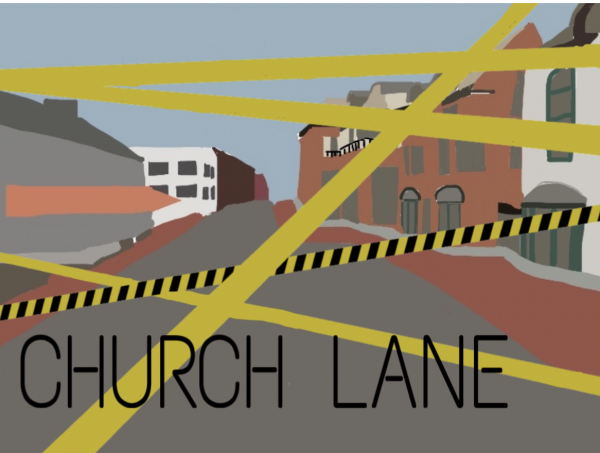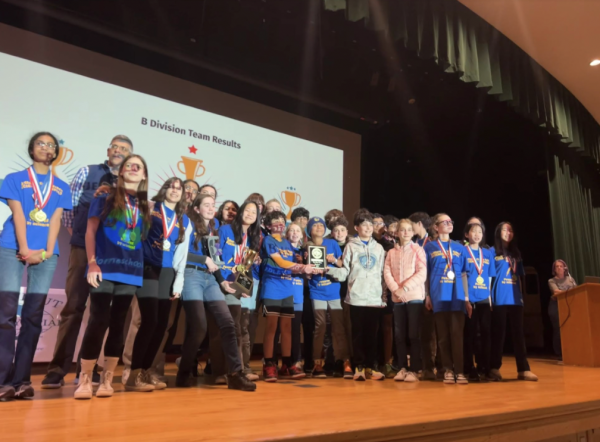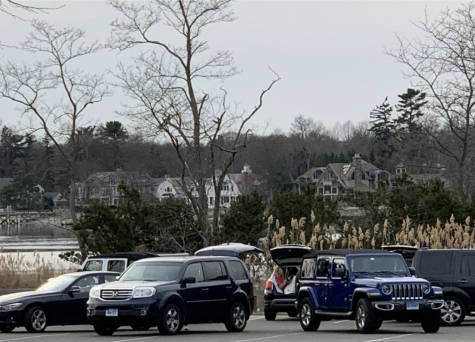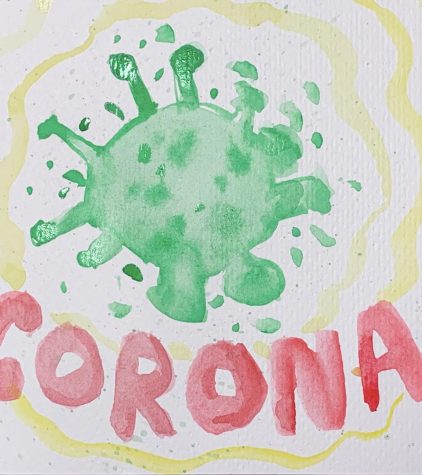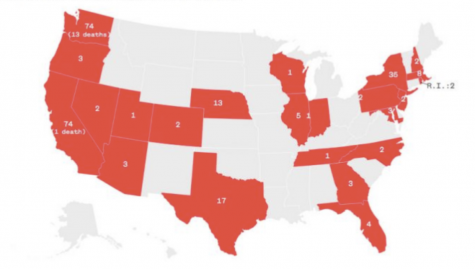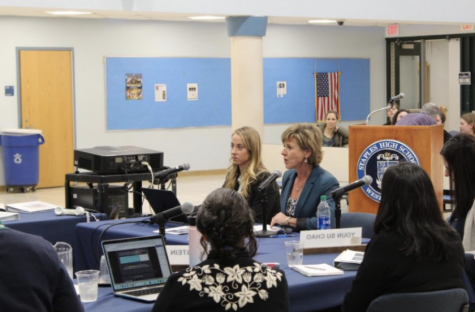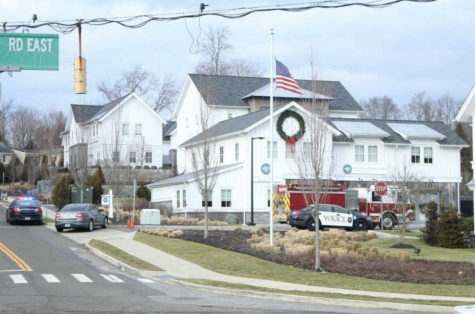Police discover no evidence of UVA rape reported in Rolling Stone
The Charlottesville police department announced yesterday March 23 that they found no evidence of the gang rape at University of Virginia (UVA). The story became well-known after a now discredited article was published in Rolling Stone.
Although the police department has said they are suspending their investigation, the case is not closed.
“I can’t prove that something didn’t happen, and there may come a point in time in which this survivor, or this complaining party or someone else, may come forward with some information that might help us move this investigation further,” Police Chief Timothy Longo said at a press conference in Charlottesville.
Staples student Ruth Kissel ’16 believes that even though the story lacked validity, the conversation it sparked was incredibly important.
“I feel that for something to be possibly made up regarding such a serious concern is not that great, but I think it still brought to everyone’s attention how serious this problem actually is,” Kissel said.
This announcement came four months after the sexual assault was first published in Rolling Stone. The article became a catalyst for dialogues about sexual assault on college campuses. It described a brutal gang rape of a student, known as Jackie, in an upstairs room of the Phi Kappa Psi fraternity house in 2012 and the school administration’s subsequent insufficient response.
Soon after it was published, the veracity of the article was challenged by many sources, including the Washington Post, and Rolling Stone apologized for misplacing their trust in Jackie and any negative effects it caused.
The article’s publishing prompted responses from many involved at the university, ranging from the march of UVA students in protest of the university’s mishandling of the rape allegations to Teresa A. Sullivan, the president of the university, suspending all fraternities until the end of the year and revising the school’s alcohol policies.
The discrediting of the article, also leads to concerns about what it will mean for future victims of rape.
“I do think that it will affect the future of campus rape because, in so many scenarios, I feel as if it comes down to a he said/she said, his side of the story/her side of the story,” Jack Marsillio ’15, member of Staples’ Teen Awareness Group, said. “And finding out that some stories come out to be untrue just make it harder to find justice for the situations where it is true and something bad truly did happen.”
Since Rolling Stone’s apology, the police have also been discrediting the story, discovering that they were unable to confirm that the party occurred at Phi Kappa Psi that night or to identify the man named as “Drew” in the article who was said to be Jackie’s date the night the rape took place.
“Just because this particular story didn’t add up, doesn’t mean this isn’t an important conversation to be had,” Camille Shuken ’15, a senior admitted to UVA said. “Sexual assault on college campuses is an undeniable fact, and should continue to be treated as such.”

Nothing will get in Dylan Donahue’s way once she makes a commitment. Whether she is working on ski patrol in vermont, participating as a C.I.T. at Camp...












































